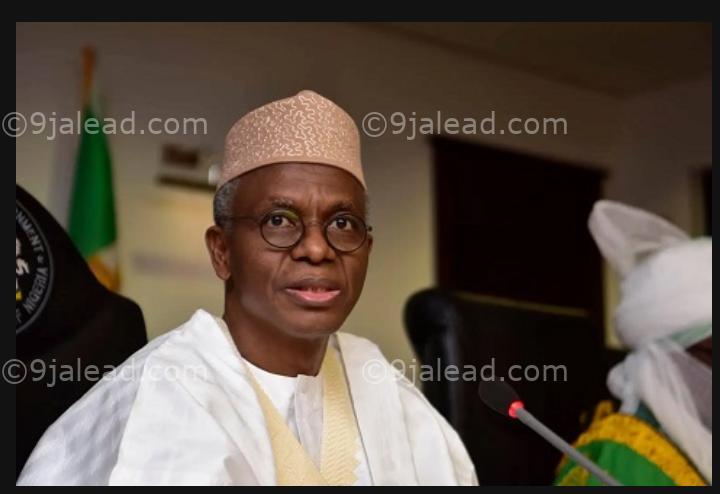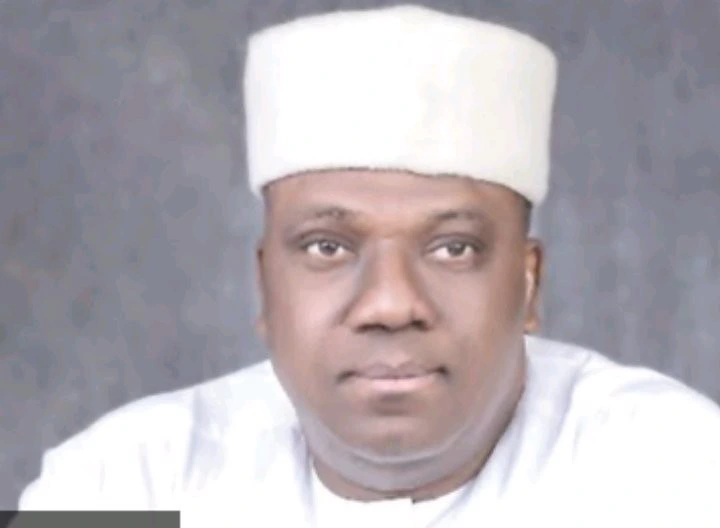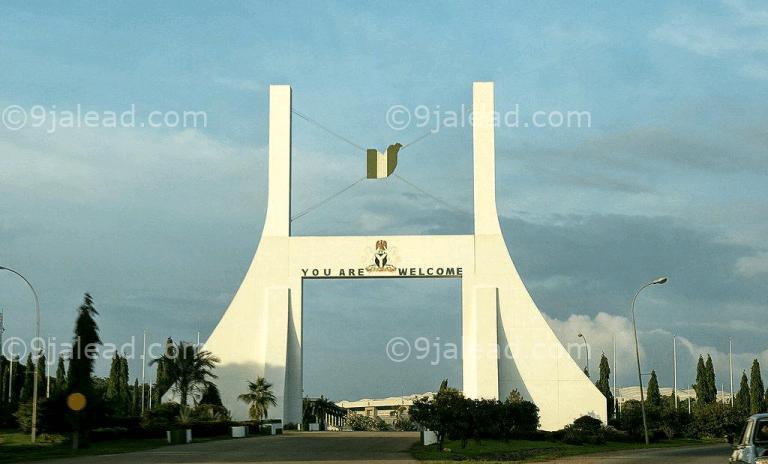He alleged widespread corruption in the Nigerian judiciary, saying many judges and lawyers are corrupt....CLICK HERE TO CONTINUE READING.>>
Former Kaduna State Governor, Nasir El-Rufai has slammed Nigerian judiciary.
Thank you for reading this post, don't forget to subscribe!He alleged widespread corruption in the Nigerian judiciary, saying many judges and lawyers are corrupt.
El-Rufai stated this on Monday while speaking at the Law Week of the Nigerian Bar Association (NBA), Bwari Branch in Abuja.
Mr El-Rufai said the judiciary is no longer trusted by the public due to delayed justice and biased rulings.
The former governor, who holds a Law degree from the University of London, claimed that justice in Nigeria often favours the rich and powerful.
He also criticised the use of ‘ex parte’ orders in political matters and accused some lawyers of using the courts for political gains.
He called on legal professionals to reflect on their roles and ensure justice is truly served without bias or influence from the executive arm of government.
“In parallel, our judiciary—meant to be the bedrock of fairness and order—is under intense scrutiny. Concerns about delayed justice, procedural inefficiencies, and in some cases, judicial compromise (to put the matter delicately), erode public confidence. The rise in “forum shopping,” the weaponisation of ex parte orders in political matters, and the growing perception that justice is for sale and available only to the rich and the powerful would cause the perceptive observer to conclude that what Nigerian Courts do is the administration of law and not the administration of justice.
“In Nigeria, there is a seemingly unbridgeable gulf between law and justice. Not only is justice wanting but the law that is administered seems to be according to the wishes of the Executive. The demand on you, as practitioners in the Temple of Justice, is a sober introspection as you contemplate whether indeed Justitia is blind and whether she holds the scales of justice in fine balance.”
Several surveys, including the one by Transparency International and its affiliates, have shown that the judiciary is one of the least trusted institutions in Nigeria.
Mr El-Rufai is also not the first former public official to accuse the judiciary of corruption. Several others, including retired Supreme Court judges, have made similar allegations in the past.
The former governor argued that the corruption in Nigeria’s judiciary is now mainstream, noting that the widespread corruption in the system has led many Nigerians to lose respect for judges.
He criticised the National Judicial Council (NJC), for failing in its core mandate of disciplinary oversight, citing inconsistent judgments, opaque judicial appointments, and minimal consequences for erring judges as key factors contributing to the judiciary’s loss of integrity.
“If we must be honest, we must admit that the perception of a high level of judicial corruption is now mainstream. This is not helped by the opacity of judicial appointments, inconsistent rulings on electoral matters, the inexplicable delays in critical judgments and the slap on the wrists meted to notoriously bad Judges by the National Judicial Council which, I would respectfully say, has not succeeded in its mission and is now itself desperately in need of reform and restructuring.
“Once upon a time, ordinary citizens tiptoed past the homes of Judges. Not any longer. Now, judges are abused and maligned with almost reckless abandon. They are physically and mentally assaulted, sometimes roundly disrespected by the ordinary citizenry. How indeed are the mighty fallen,” he added.
While acknowledging the pressures and poor conditions under which many judicial officers operate, Mr El-Rufai noted that the problem is not solely about individual misconduct but also about weak institutions and a lack of visionary leadership within the legal profession itself.
He urged lawyers to hold both the Bar and the Bench accountable.
“But we must also resist simplistic narratives. Practically all judicial officers work under immense pressure, while being poorly resourced and poorly protected. The problem is not merely one of bad actors—it is also one of weak institutions and, dare I say it here, a lack of courageous leadership within the Bar.
If the judiciary is to regain its moral authority, lawyers must lead the way there. We must speak out—not only when the Bench errs but also when the Bar fails. After all, every member of the Bench was once a member of the Bar.
“We must support judicial independence while demanding judicial accountability. We must advocate for reforms to the National Judicial Council, to the funding mechanisms of the judiciary. We must insist and ensure that the criteria for elevation to the Bench and the appellate courts must be raised and made devoid of even the slightest hint of opacity.
Also, the discipline of erring judicial officers must be very firmly and strictly enforced. Recent comments on this issue by Vice President Prof Yemi Osinbajo SAN bear witness to the gravity of the situation.”











